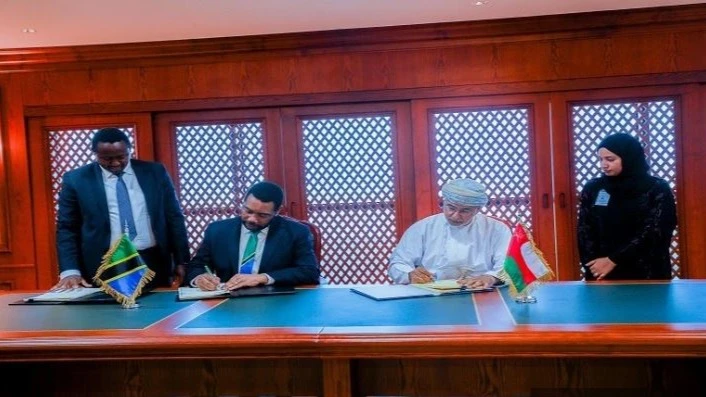Eliminating double taxation, easing property deals good for investments

YET another of those moments promising to progressively improve the face of our country in the way it conducts business was visible only the other day as Tanzania and Oman agreed on removing double taxation on incomes and curbing tax avoidance.
Our Finance minister described the pact, signed in Muscat, as a significant step in opening up our economy by attracting wider international investments.
Given the sort of background we have in policy making, used to seeking loans from multilateral agencies and handing them to loss-making firms in the public sector to continue doing the same thing, at times opening up needs to be justified
And the usual line is that it arises from efforts by none other than the president, which is true but needs to be anchored in substantial commitment to reform.
But this should not stand as largely more of an exception than the rule, and for that reason we should understand that investors elsewhere – including in Oman – will still be watching.
One difficulty in evaluating what this and various other moves imply for policy and economic dynamic is that there is scarcely any private sector evaluation of what is taking place.
There are no economic think-tanks that evaluate policy on a routine basis outside a public sector perspective, for instance in the form of periodic evaluations by the Bank of Tanzania, the World Bank or the African Development Bank.
We hear from the minister that the newly signed pact will see investors and traders engaged in bilateral activities taxed only once; it is unclear what potential that will have on increased investments.
Another visible aspect is the conveying of public information only in the context of what was agreed upon, without professional input by independent observers as to what might have been the agenda, at least from the Omani side.
What sort of trade arrangements did they think are best for maximising investments, and what sort of compromises did they have to make to reach a workable agreement?
The relevance of such inquiry is that the disparity from what was suggested and what was obtained is the key to its potential success.
There is no denying that avoiding being taxed in both countries on identical transactions or income would be a positive gesture as such drawbacks hinder the prosperity of businesses operating from either side.
But that is as far as it goes, as the solution to this specific issue doesn’t end all the woes by interested investors, so it will enable those concerned only with double taxation to now think of getting going – as various others remain ambivalent.
Some references were made to investment interests by some big companies having royal family links, as indeed royalty in the modern world and even in the past, was about commerce.
Top Headlines
© 2024 IPPMEDIA.COM. ALL RIGHTS RESERVED

















